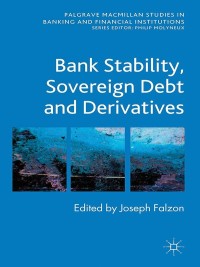

Auditors may compromise their independence to maintain/attract profitable consulting business. Auditors need to be independent in evaluating financial statements, but consultants are interested in helping companies. Companies that report more non-audit fees will be viewed as "lemons" as it will be difficult to convince investors otherwise. Consultants may compromise their objectivity to maintain/attract profitable audit engagement. The auditor's independence will increase as a result of the consultants' agreements. The independence and objectivity of the consultants will create an issue when performing the audit. The perception of the independence of the auditor is not affected by the consultant agreements. The provision of both auditing and non-audit services creates a conflict of interest for accounting firms. Without an independent audit to verify numbers, firm's financial statements become unreliable. Without an independent audit to verify numbers, investors will become skeptical of reported results, increasing adverse selection. In the late 1990s and early 2000s, accounting firms came under scrutiny for providing non-auditing services to their clients. Statistics for the (then) "Big Five" accounting firms (Andersen, Deloitte & Touche, Ernst & Young, KPMG, PricewaterhouseCoopers) indicate that about 45% of their revenues came from auditing, 25% from tax work, and the remainder from consulting and other services, which includes information systems consulting and internal audits. (Click the icon to view additional information.) Requirement Discuss the relevant issues raised by the above facts in relation to financial accounting theory. Some observers called for a ban on the provision of non-audit services by accounting firms. They argued that auditor independence was being compromised under the status quo. Select six relevant issues. As a partial response to this lobbying, in late 2000, the U.S. Securities and Exchange Commission (SEC) adopted new rules requiring public companies to disclose the amount of fees paid to their auditors, separately for audit and non-audit services. In the wake of the collapse of Enron in 2001, there were renewed calls for the separation of audit and non-audit services. On February 6, 2002, Deloitte & Touche announced that it would separate its accounting and consulting divisions, a week earlier, PricewaterhouseCoopers made a similar announcement. Previously, the consulting arm of Arthur Andersen became a separate consulting firm now known as Accenture








